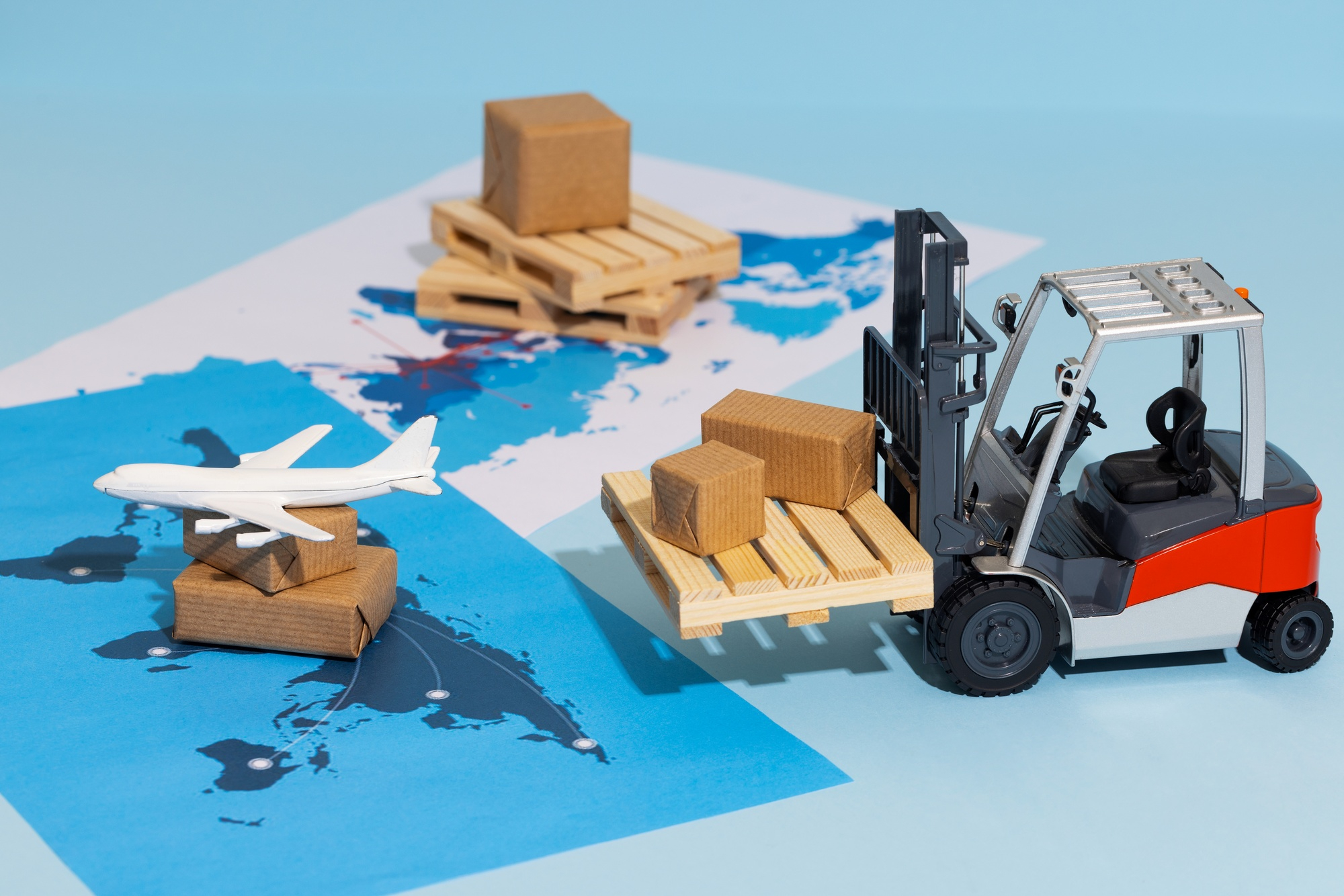
Wholesale trade represents an essential intermediary step in the pathway from production to consumption, facilitating large-scale transactions in a predominantly cashless mode. By streamlining the distribution process, it significantly reduces the layers of interaction between manufacturers and retailers. Wholesalers play a pivotal role by accumulating inventory, organizing product assortments, and executing brokerage operations. Despite the emerging trend towards integrated models, where retail entities assume the roles traditionally held by wholesalers, organized wholesale markets—such as fairs, auctions, and shopping centers—continue to wield substantial influence. These venues provide a platform for wholesalers to establish direct interactions with manufacturers, thereby enhancing the efficiency of supply coordination and sales processes.
Retail vs. wholesale - understanding the differences
Retail and wholesale trades are interconnected yet distinct business models. Retail trading involves the sale of products in small quantities directly to final consumers. Retail outlets, including grocery stores and boutique shops, offer a diverse selection of products tailored to meet consumer demands. Retail pricing incorporates the retailer's margin along with the operational costs of the business, resulting in higher prices for end customers.
Conversely, wholesale trade is characterized by the sale of merchandise in bulk to businesses that subsequently retail these goods to consumers. Wholesalers engage in large-scale procurement of products from manufacturers, benefiting from volume discounts. This scale of operation allows for lower wholesale prices. The wholesaler’s responsibilities extend to storage, sorting, and packaging of goods for resale to retailers, positioning wholesale trade as a crucial component of the supply chain.
The role and tasks of wholesalers in selling wholesale
Wholesalers occupy a central position in the supply chain, procuring goods in large volumes from manufacturers and preparing them for resale to retailers. They play a vital role in providing retailers access to a broad spectrum of products without necessitating extensive warehousing facilities. Further, wholesalers facilitate logistics, ensure product quality, and manage the distribution of goods from production lines to retail outlets.
Acting as a conduit, wholesale trade mitigates temporal and spatial disparities between manufacturing and retail activities, enabling continuous production by manufacturers and consistent product availability for retailers. Wholesale operations encompass the storage of goods or their direct shipment from manufacturers to retailers (dropshipping).
In the absence of wholesale selling, the retail sector would struggle to function as effectively as it does today. While wholesalers enjoy reduced marketing expenditures, they are tasked with navigating the intricate logistics involved in coordinating between manufacturers and retailers. Their fundamental objective is to maintain a seamless flow of goods and information, thereby influencing consumer satisfaction in the retail domain.
Wholesale - characteristics, market impact, and pricing strategies
Wholesale trade plays an integral role within the economy, leveraging its extensive scale of operations to negotiate favorable purchasing prices for goods. This advantage enables wholesalers to resell products at a profit margin while offering competitive pricing to retailers. Furthermore, wholesalers are pivotal in executing logistic functions including warehousing, sorting, packaging, and managing the distribution of products from manufacturers to retailers.
Benefiting from bulk purchase discounts, wholesalers obtain goods at reduced costs. However, they face the challenge of balancing competitive retail pricing with securing sufficient resale margins. This delicate equilibrium necessitates a deep understanding of market dynamics, adept negotiation capabilities, and the agility to adapt pricing strategies in response to fluctuating market conditions.
Can retail customers benefit from wholesalers?
Is it possible for individual consumers to purchase from wholesalers? With the advent of the digital era, an increasing number of retail customers are turning to online wholesalers to capitalize on lower prices and a wider product range. The primary reason is that wholesalers have direct relationships with manufacturers, thus eliminating extraneous intermediary expenses.
Yet, it's important to note that not all wholesalers cater to individual buyers. Many require customers to either own a business or be affiliated as an employee with a corporate client, primarily because their operations are geared towards large-volume transactions.
The surge in wholesale purchases by retail consumers is prompting more wholesalers to adjust their offerings to meet the demands of this demographic. This shift is gradually diminishing the traditional boundaries between wholesale and retail sectors, reflecting the dynamic evolution of the modern trade landscape.
Wholesale trade - B2B platforms
The significance of wholesale trade in supporting the retail sector cannot be overstated. It enables retailers to diversify their product offerings without the necessity of large-scale storage facilities. In this context, B2B platforms like Merkandi have emerged as pivotal in enhancing business connections between wholesalers and retailers, thereby optimizing the procurement and sales processes. Entrepreneurs highly regard these platforms for their comprehensive product listings, user-friendly interfaces, and expedited transaction capabilities.
As a sector undergoing rapid transformation, wholesale trade must continuously adapt to shifting market demands and consumer preferences. Merkandi plays a crucial role by providing wholesalers with access to a global network of potential buyers, alongside tools designed to streamline operational efficiency. For retailers, the platform’s extensive product variety empowers them to better align their inventory with consumer expectations. Ultimately, Merkandi enhances the efficacy and accessibility of wholesale trading practices, benefiting a broad spectrum of entrepreneurs.
